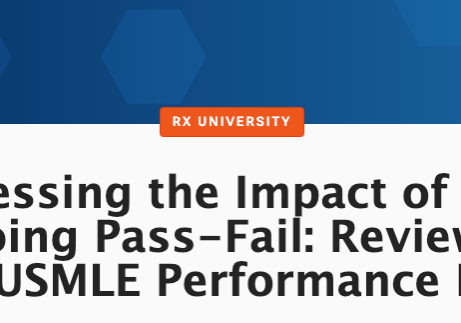Fady Akladios
It is every applicant’s most exciting and stressful experience: the residency interview.
The long road of undergraduate work, medical school, clerkships, and exams all come down to this single moment. You do your best to articulate your definite interest in the specialty, the program, and describe how your training and personality would make you a great resident in this program.
However, while your words try to convey your enthusiasm, your body movements and posture have major roles in setting the tone of the conversation.
Residency interviews are simply job interviews, and consequently body language, plays a vital role in how we convey the sincerity of our speech to the interviewers. A lot of applicants will spend hours and days preparing their perfect answers but will forget to practice good posture and body language before their interviews.
As someone who personally went through interview skills practice sessions, I will try to list a few here to hopefully help you out in this somewhat tricky area.
- Smile! As simple as this may seem, a sincere smile can go a long way. It shows confidence and allows others to approach you easily. Think about all the great life experiences through which medicine has taken you, and that smile will come more naturally.
- Handshake any new acquaintances in the program, whether program director, coordinator or residents. Introduce yourself and give them a firm and strong handshake. Like a smile, a firm handshake shows confidence and strength.
- Posture while seated is important. Sit with your back straight in the chair. Open up your chest and shoulders. Rest your hands on your legs. This posture shows power, pride, and adds more sincerity to your speech.
- Avoid leaning back in the chair or on the armrests. Leaning in any direction shows that you are too relaxed and disinterested in the information being communicated.
- Don’t close up. Avoid crossing your arms, leaning forwards on the table with arms crossed, and slouching. All these positions show that you feel insecure or vulnerable, which is something you do not want to convey.
- Talking with your hands is ok to a certain extent. It shows that you are engaged in the conversation, and can add more meaning to examples of intense or unique experiences. However, do not overdo it. Your hand movements should not be distracting or the focus of the interaction (i.e. the eyes of the interviewer should be set on you, not your hands)
Train for proper posture and body language when you are practicing for your interviews. Have a colleague or counsellor ask you the main interview questions, then ask them for feedback on both the content of your answers and your general body language.
Check out this TED presentation on how posture influences not only the interviewer’s decision, but your own comfort level as well. It will change the way you view the importance of body language, and hopefully help you ace those residency interviews!



